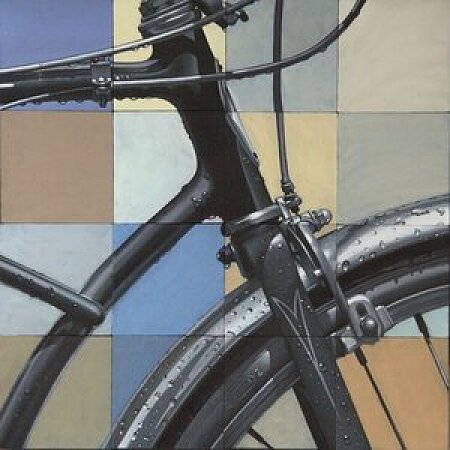
On the Marking of Years
7.
I am writing a story about a girl named Sophie who finds wolves and hippos and bears. I tell her it’s not about her exactly, but about a counterpart, of her in a mirrored world. She tells me she wants to sound like herself. And I tell her I’ll do my best. But every time I think of her voice, it escapes me. She always sounds older or younger than she really is. I wonder what the age will be that my mind will fix her at. I wonder at what age she’ll remember me.
8.
The problem, I read, with artificial intelligence isn’t that we’ll make robots that are too powerful.
The problem is simply that we’ll make them competent.
We outsmart tigers not because we’re powerful, but because we understand more.
We outsmart them because we age, mentally speaking, and they hit a wall.
If we had a robot child and a human child, the author says, we would gradually start loving our human child more, and treating it more respectfully.
The same as if we had a human child and a dog.
That is, unless the robot child was smarter and more interactive than the human.
That’s another story entirely.
You might love the robot child, and she might seem to love you back.
Maybe for your whole life even.
It would only reveal its trick after you were dead.
What about the human child? I wonder. But the chapter ends there.
9.
For how long can a woman get lost, I wonder, before she becomes impossible to find?
If a woman enters a wormhole, will she wind up in another time and place, in a parallel universe, or only in the same place, staring at someone else’s shoes?
10.
Sometimes it is all I can do to say could you pass the salt.
Sometimes I wonder why anyone in their right mind invented water balloons.
Sometimes I think silence is like a vase that, ever so slowly, is turning to sand.
There is a very fine line between sand and glass.
